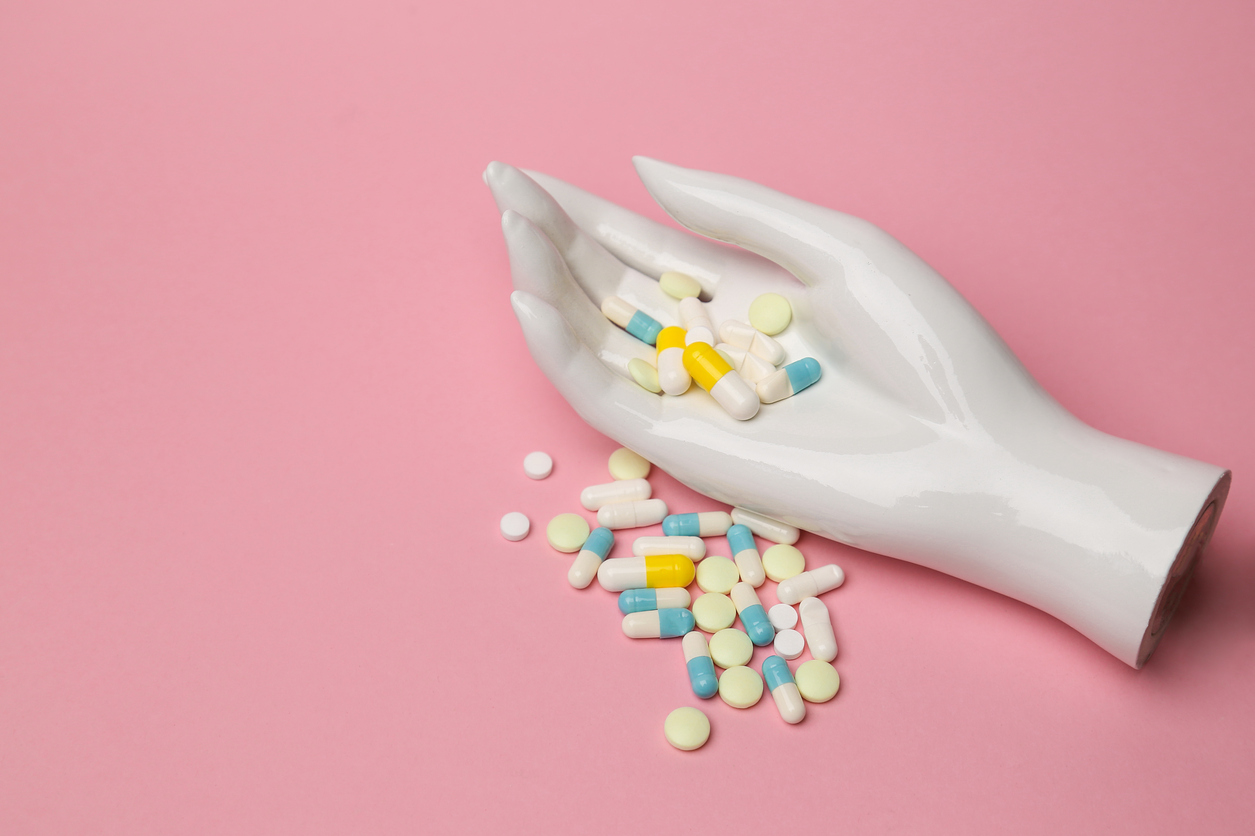The FDA has issued a guidance (here) that provides clarification on the definitions of suspect and illegitimate products under the Drug Supply Chain Security Act (DSCSA). The definitions are designed to help those in the supply chain better and more accurately characterize problem products they may uncover.
The guidance provides the following definitions:
SUSPECT PRODUCT—The term ‘suspect product’ means a product for which there is reason to believe that such product —
(A) is potentially counterfeit, diverted, or stolen;
(B) is potentially intentionally adulterated such that the product would result in serious adverse health consequences or death to humans;
(C) is potentially the subject of a fraudulent transaction; or
(D) appears otherwise unfit for distribution such that the product would result in serious adverse health consequences or death to humans.
ILLEGITIMATE PRODUCT—The term ‘illegitimate product’ means a product for which credible evidence shows that the product —
(A) is counterfeit, diverted, or stolen;
(B) is intentionally adulterated such that the product would result in serious adverse 58 health consequences or death to humans;
(C) is the subject of a fraudulent transaction; or
(D) appears otherwise unfit for distribution such that the product would be reasonably likely to result in serious adverse health consequences or death to humans.
The difference in the definitions appears to focus about the certainty of the findings.
The guidance goes on to describe the difference between counterfeit and diverted products. Quite interestingly, one of the examples the document gives for a diverted product (provided below) relates to a current criminal case.
Product that left the prescription drug distribution system in the United States and is reintroduced in a transaction with an authorized trading partner. For example, this would include product that is dispensed to a consumer or patient and then reintroduced into the U.S. prescription drug distribution system to an authorized trading partner.
The FDA’s Office of Criminal Investigation (OCI) outlines the specifics of the case (here) but, in brief, describes the following:
The evidence at trial established that the perpetrators purchased millions of dollars of prescription drugs from unlicensed suppliers who had previously purchased the drugs from patients in and around New York and Miami. In most instances, they had these drugs shipped to their distribution warehouse where they were cleaned, sorted, re-packaged, and shipped to independent pharmacies around the country. Generally, the diverted drugs included drugs used to combat HIV/AIDS; antipsychotic medications; anti-depressants; blood pressure medications; diabetes medications and others.
The OCI and DOJ press release (here) notes that ”numerous pharmacies reported problems with drugs they purchased from [the firm], including prescription drug bottles containing the wrong medicine; the wrong dosage information; and foreign objects inside. At trial, several witnesses testified that at least one bottle of prescription drugs sold by [the firm] contained tic tacs instead of medicine.”
Legitimate distributors and purchasers should be aware of and insure the integrity of the supply chain from which they purchase drug products to protect themselves as well as the patients they serve.




